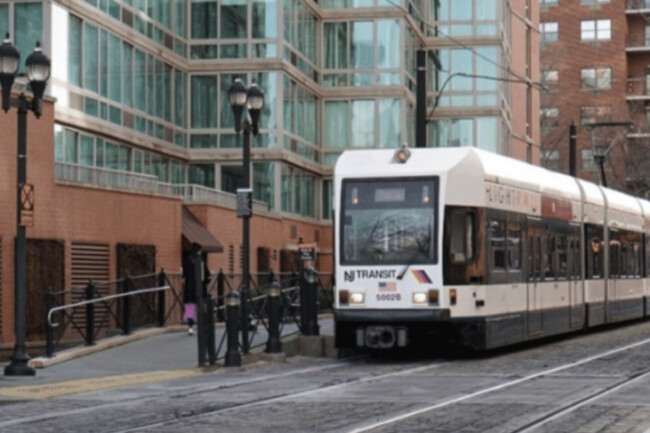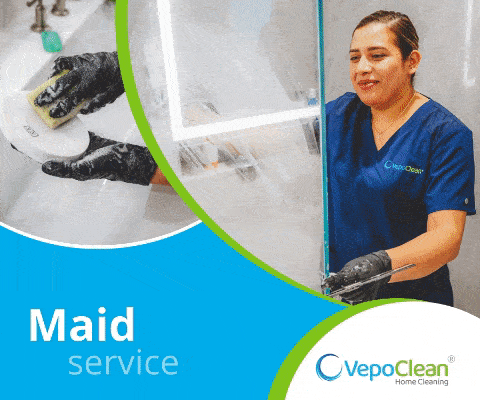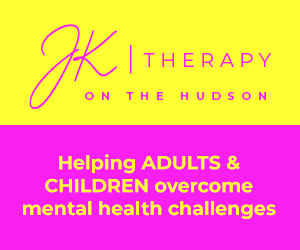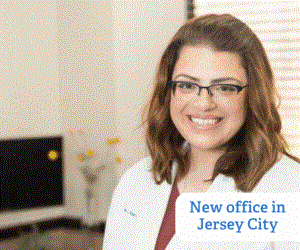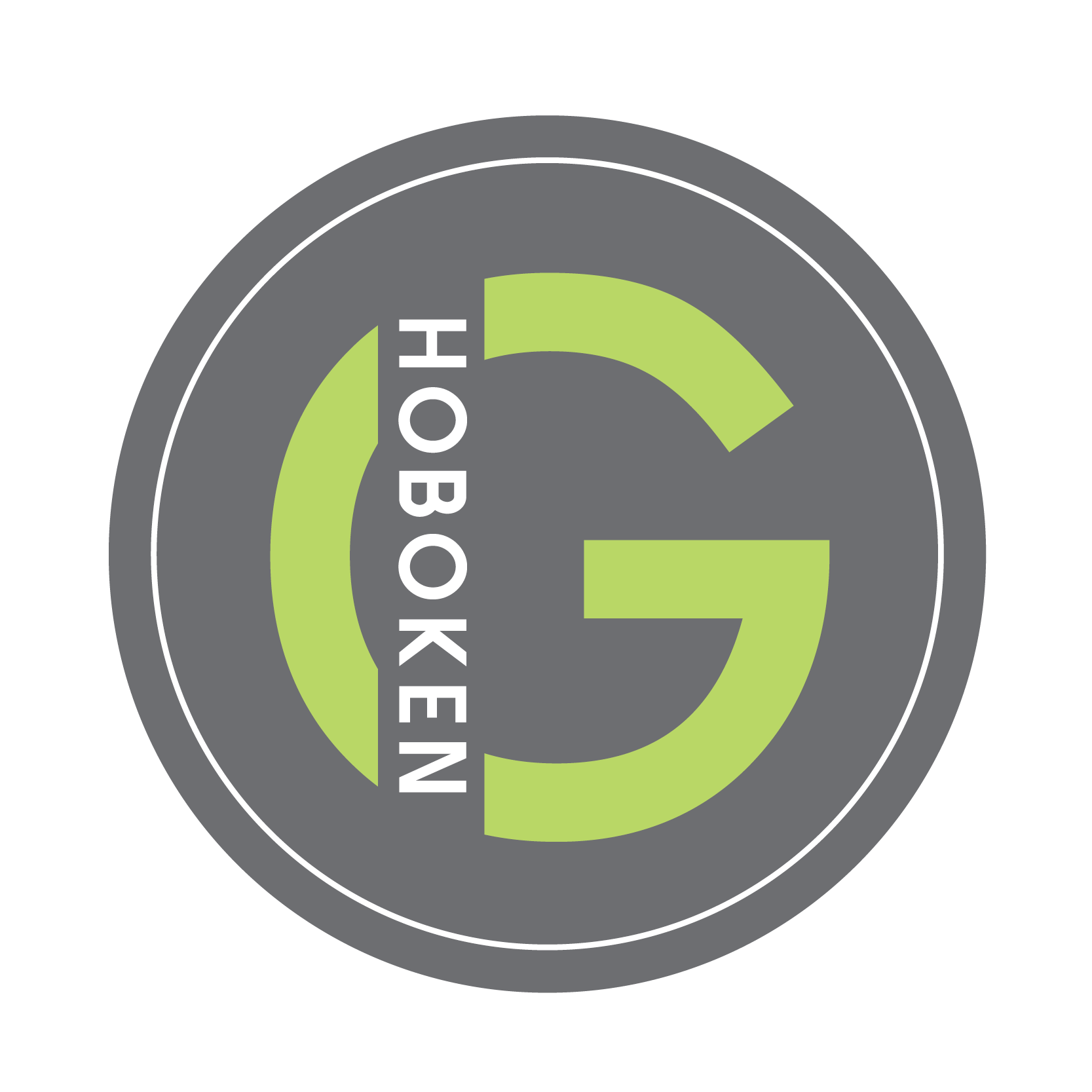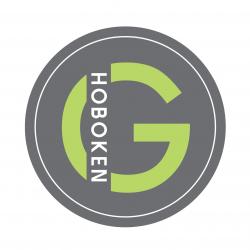NJ Transit, the public transportation system used by many in the Garden State, proposed a 15% fare hike back in January — and now, it has been approved along with a 3% annual fare hike starting in 2025. The fare hike was voted on April 10th and will take effect July 1st, 2024. This is the first fare increase by NJ Transit in 10 years. Read on for details about the NJ Transit fare increase to take effect on July 1st, 2024.
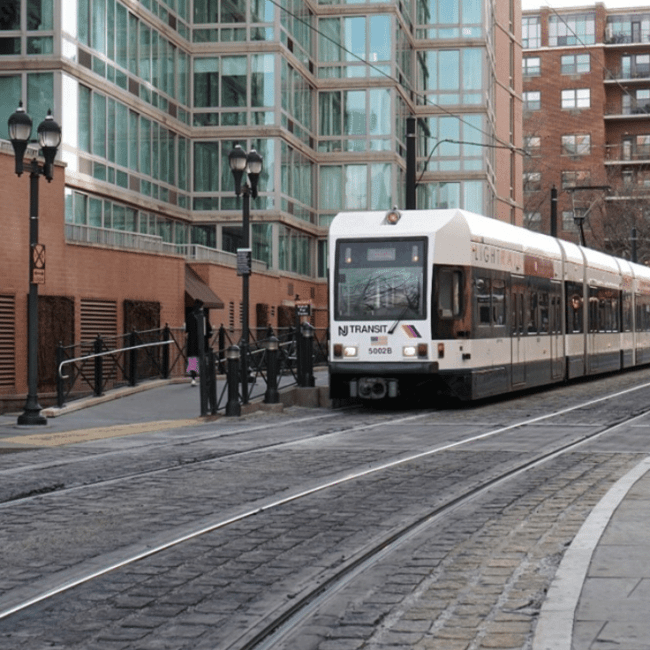
What We Know
NJ Transit proposed a 15% raise in public transportation fares back in late January to take effect July 1st, 2024, followed by annual 3% increments, per a press release. The fare increase aims to prevent a $119 million budget shortfall in 2024, now reduced to $106 million through implemented revenue enhancements and cuts.
Read More: NYC’s Congestion Pricing Plan Passes: What It Means for New Jersey Residents
On Wednesday, April 10th, the NJ Transit board members voted unanimously for the fare increase package with no changes, per NJ.com. The 15% fare hike will take effect July 1st, and the annual 3% increase will take effect in 2025.
The fare increase package includes one-zone bus fares rising from $1.60 to $1.80 and trips from Jersey City to the Port Authority bus terminal increasing from $3.50 to $4.00. NJ Transit hosted 10 public hearings from March 4th through March 8th, and received online comments.
This is the first fare increase proposed by NJ Transit in 10 years, and the first in six years since Governor Murphy was elected.
Local Leaders Respond
Hoboken Mayor Ravi S. Bhalla spoke before the NJ Transit Board of Directors in early March during a public hearing in Secaucus to oppose the proposed 15% fare increase on behalf of Hoboken residents, citing its detrimental effects on local commuters, climate action, and equity:
“I am here today in my capacity of Mayor of Hoboken, New Jersey, a city where over 50% of my constituents utilize mass transit to get to and from work every day. As I said when a 15% hike was originally proposed a couple of months ago, we must encourage the use of mass transportation, not discourage it.
This 15% proposed fare hike will hit commuters – particularly working-class commuters in Hoboken and Hudson County – hard. In our region and throughout New Jersey, many of our residents rely on NJ Transit buses and trains to get to work, doctors’ appointments, grocery stores and for the rest of their essential mobility needs. The rate hike will hit black and brown communities especially hard, many of whom depend on mass transit as owning a car isn’t always financially feasible. Simply put, we should not be balancing the books of New Jersey Transit on these working-class residents, and especially those who are living paycheck to paycheck.
Should this hike – compounded with periods of unreliable service – go into effect, a reality is that more residents will choose the option of driving to and from their destination, putting more cars back on our roads and making traffic even worse. Further, at a time when we need to be redoubling our efforts to curb carbon emissions so New Jersey can meet its climate change goals, this proposal would set us back. And the increased air pollution that would result presents a public health hazard, especially in urban areas.
What is also a reality is that investments in public transit pay major dividends in economic growth. As the American Public Transportation Association (APTA) study finds, we know that every dollar spent on public transportation generates $4 in economic returns. Public transit drives the local economy and directly generates business sales, revenues and new private investment.
That said, I applaud the Murphy administration for introducing a version of the Corporate Business Tax, a critical step forward in providing a measure of dedicated funding, and urge the legislature to support this proposal. I hope and expect that this new revenue stream will offset the large majority of this year’s 15% hike.
Despite this needed revenue, what is going unnoticed is the subsequent 3% increase next year after the initial 15% hike that is proposed to occur annually. In just six years, this would mean rates could rise to an astounding 30%, which is simply unacceptable, and I strongly urge NJ Transit to reconsider these astronomical rates.
Finally, as it relates to public outreach for these meetings, I would strongly suggest NJ Transit add a streaming component for future hearings on this and other topics, as is customary for public meetings. Additionally, for each year of the subsequent and annual 3% increase, NJ Transit should hold a public hearing each year on rate impacts to hear continued feedback from those New Jersey residents who are affected the most.
Thank you to the members of the board for your time and consideration.”
Local leaders also responded to the proposal back in January.
Hoboken Mayor Ravi S. Bhalla issued the following statement in January: “We must encourage the use of mass transportation, not discourage it. That’s why I adamantly oppose the 15% NJ Transit rate hike. It will hit commuters—particularly working-class commuters— hard, and put more cars back on our roads, making traffic even worse. I strongly urge all involved to prioritize alternative funding sources for NJ Transit, which is a key to meeting our climate change goals and an engine of economic growth for all throughout New Jersey.”
Following Governor Murphy’s decision to raise NJ Transit fare rates, Councilmember James Solomon of Jersey City released the following statement in January:
“I am disappointed in Gov. Murphy and NJ Transit’s decision to hike NJ transit fares for our state. A 15% fare hike would make our already weak public transportation system even less accessible, forcing more people on the roads and contributing to polluted air and dirty water. We should be making critical investments in improving our trains, subways, and buses and making them cheaper to ride, not more expensive. With major corporations set to receive a $1B annual tax cut and with a wasteful $10B Turnpike widening plan moving forward — our state has the money to fund NJ Transit without asking working people to shoulder the burden.”
See More: Amtrak Stations to Debut in Essex County for Commuters by 2028
The rate hike approval occurred around the same time that local leaders and transit officials approved the congestion pricing plan for commuters traveling to Manhattan through New Jersey. New Jersey Governor Phil Murphy filed a lawsuit on behalf of New Jersey challenging the congestion pricing plan, arguing that the USDOT and the FHWA violated the National Environmental Protection Act, which requires a full environmental impact review for projects of this projected impact and scope, as well as the Clean Air Act.
To stay in the know with all of the Hoboken + Jersey City happenings, follow @thehobokengirl on Instagram and TikTok, and sign up for our newsletter that shares all of our top stories to your inbox here.

